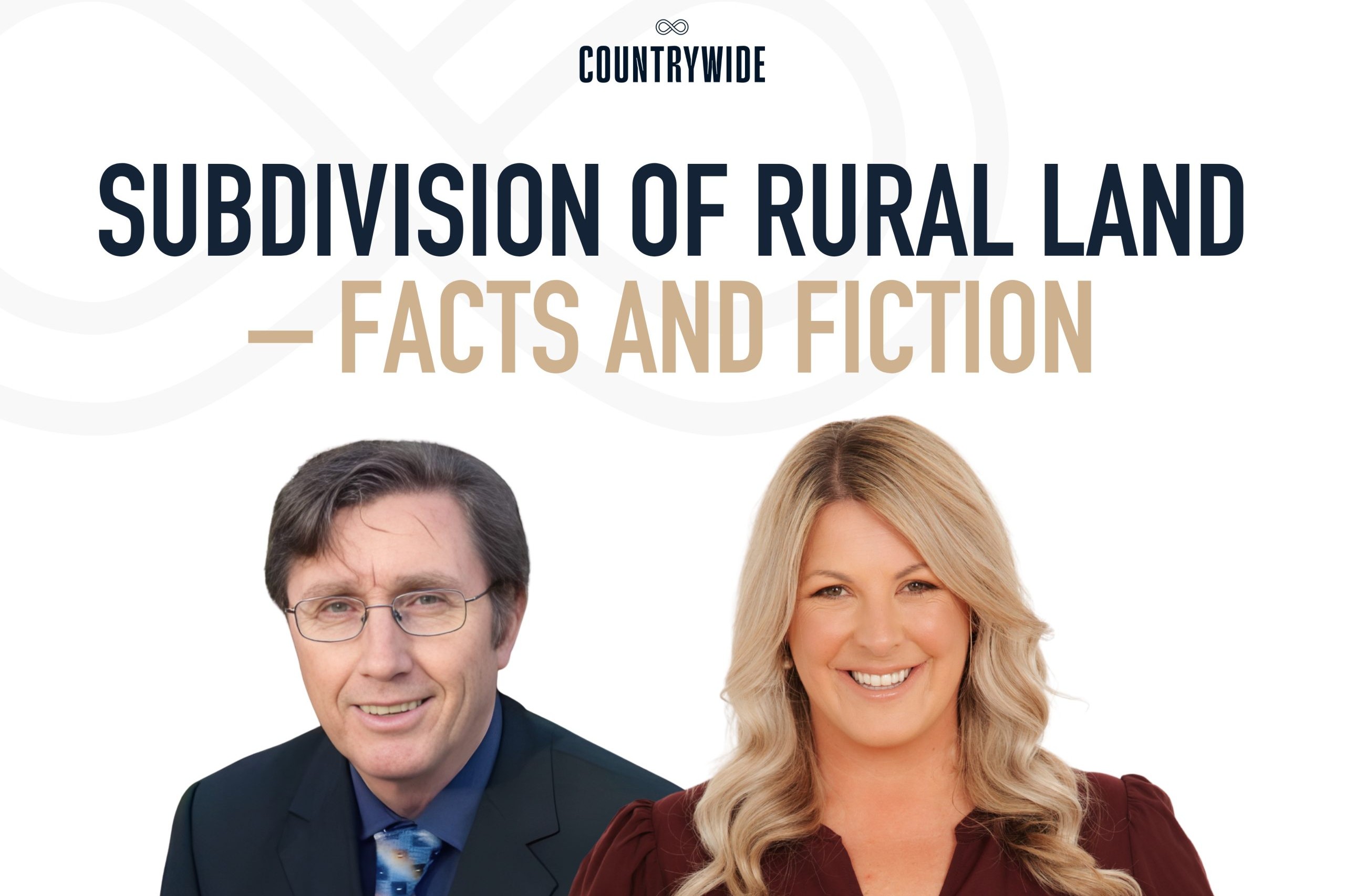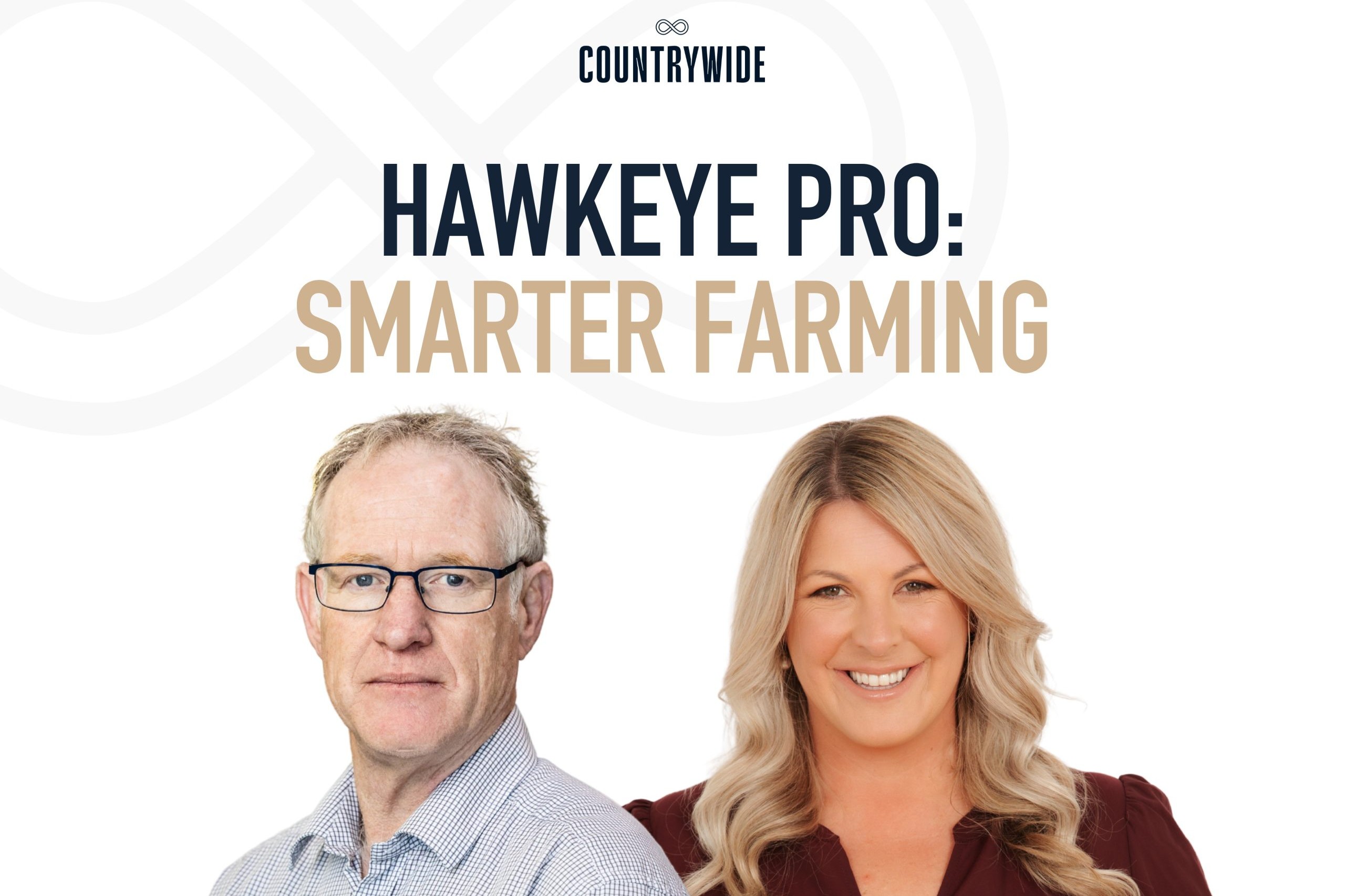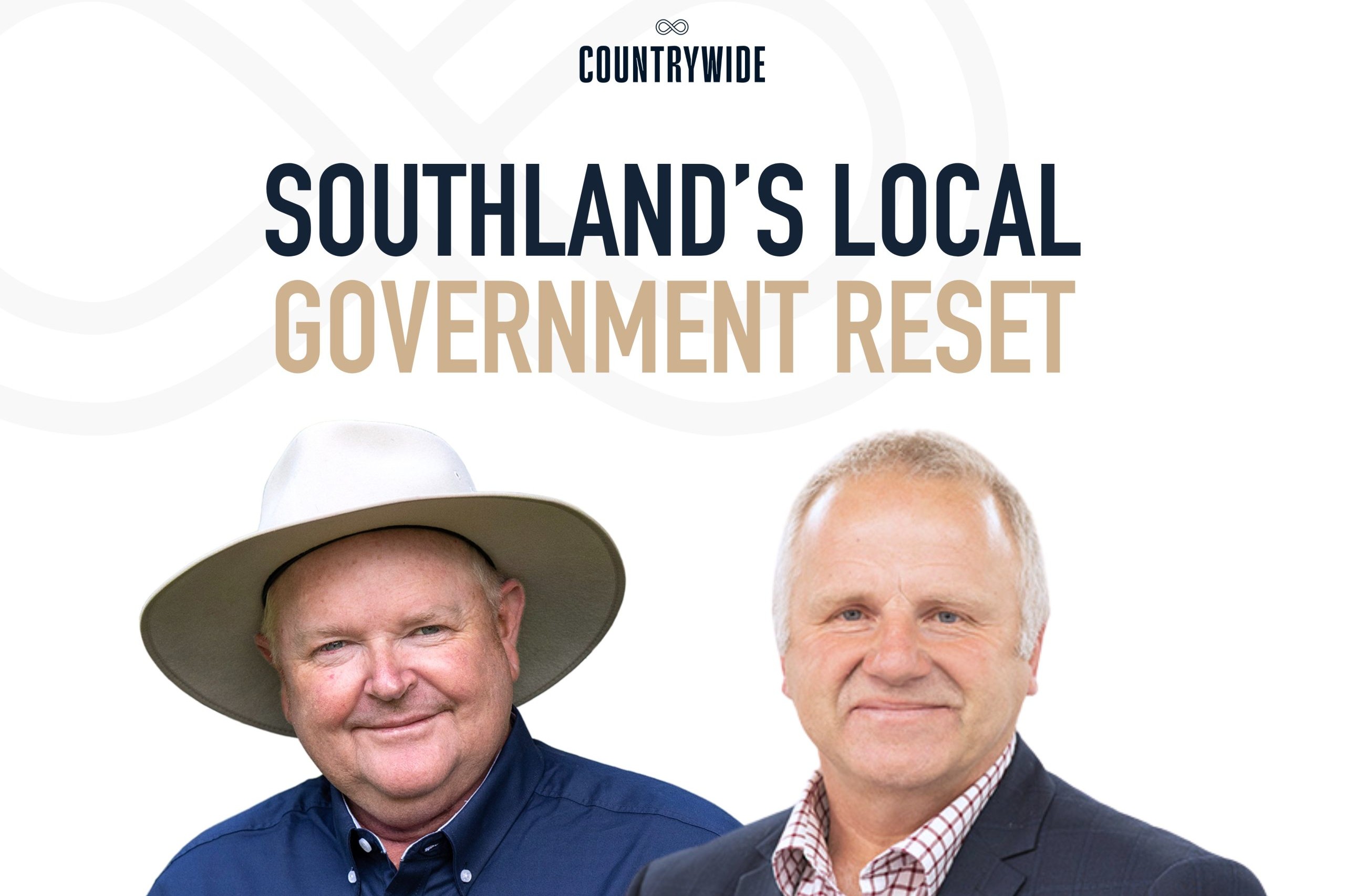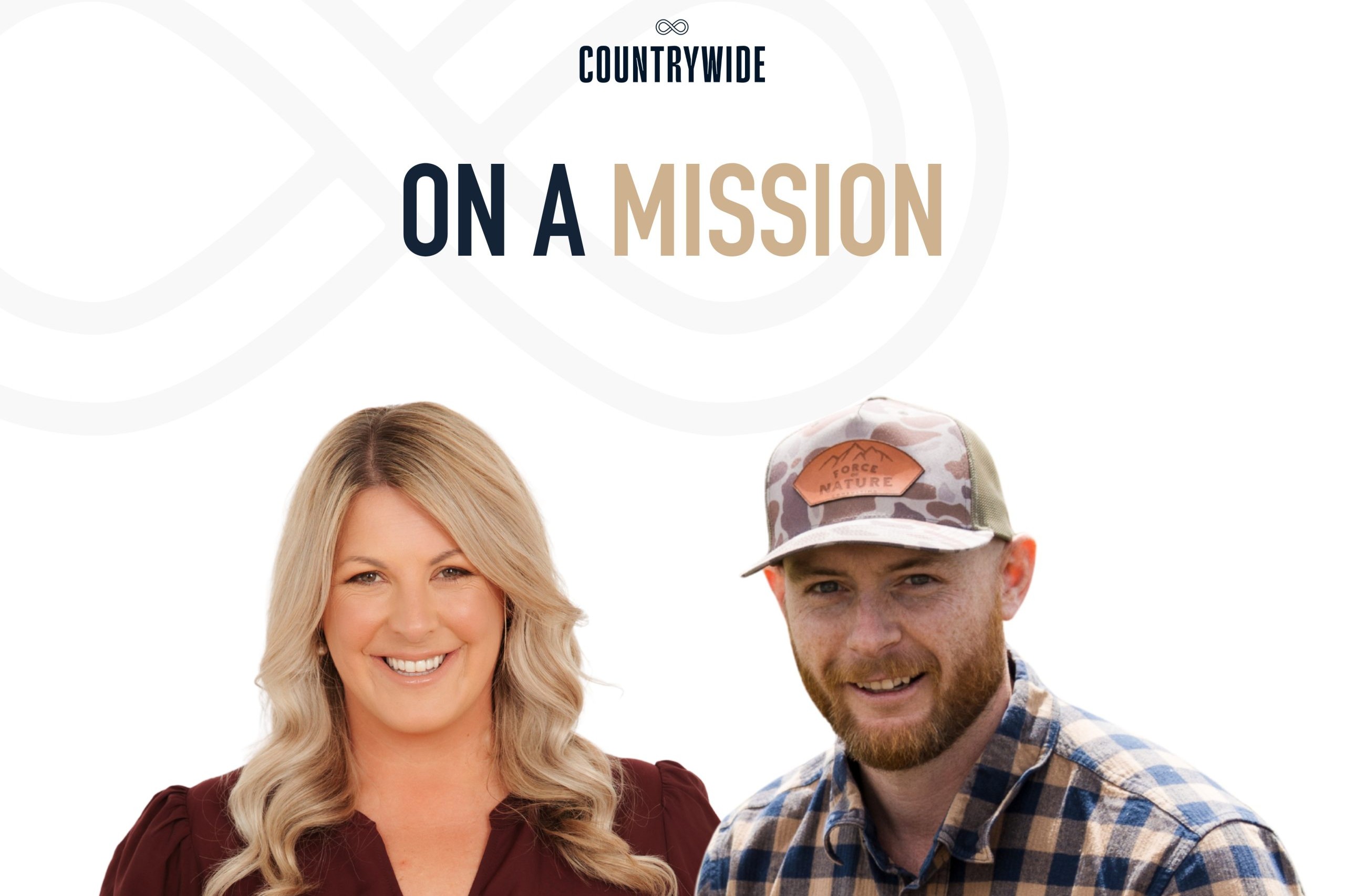Episode 74 – Leveraging technology from horseback
From data-driven decision making to environmental monitoring and compliance, Richard and Annabelle Subtil have reaped the rewards of lucrative supply contracts by being able to prove any claim by using technology while maintaining traditional high-country values.
In this episode, Sarah Perriam-Lampp talks with Richard Subtil from Omarama Station about how full mobile coverage is unlocking and boosting efficiency and compliance in the high country with technology. But Richard stresses that even with virtual fencing, EID tags and connected irrigation systems, it is so important to ensure traditional stockmanship remains at the core of farming.
Guest:
- Richard Subtil, Omarama Station
Host:
- Sarah Perriam-Lampp, CEO and Editor-in-Chief, Country-Wide
Richard Subtil, who farms merinos, cattle and deer at Omarama Station in North Otago, shares how having full mobile coverage has transformed the way they manage their high-country operation. With reliable connectivity now across the station, Richard and his team have been able to integrate a suite of technologies, from Gallagher e-Shepherd virtual fencing collars and EID tags to auto-drafters, conveyor systems, and gravity-fed irrigation pivots powered by energy-generating turbines.
These tools are helping lift productivity, improve animal welfare, and meet consent requirements more efficiently, especially in challenging terrain. Richard explains how real-time data from soil sensors, irrigation systems and stock movements has supported smarter decision-making, backed by old-school practices like regular paddock walks.
Rather than replace traditional stockmanship, Richard believes technology should enhance it. With the right digital infrastructure in place, he says farmers can get the best of both worlds: precise, real-time insights and the kind of instinct and observation that only comes from experience. For stations like Omarama Station, where extreme weather and remote landscapes present unique challenges, connected tools are helping build more resilient, responsive, and environmentally conscious farming systems, without losing sight of the hands-on stockmanship at the heart of New Zealand’s pastoral farming.
Read the article from the Country-Wide Winter issue here.




